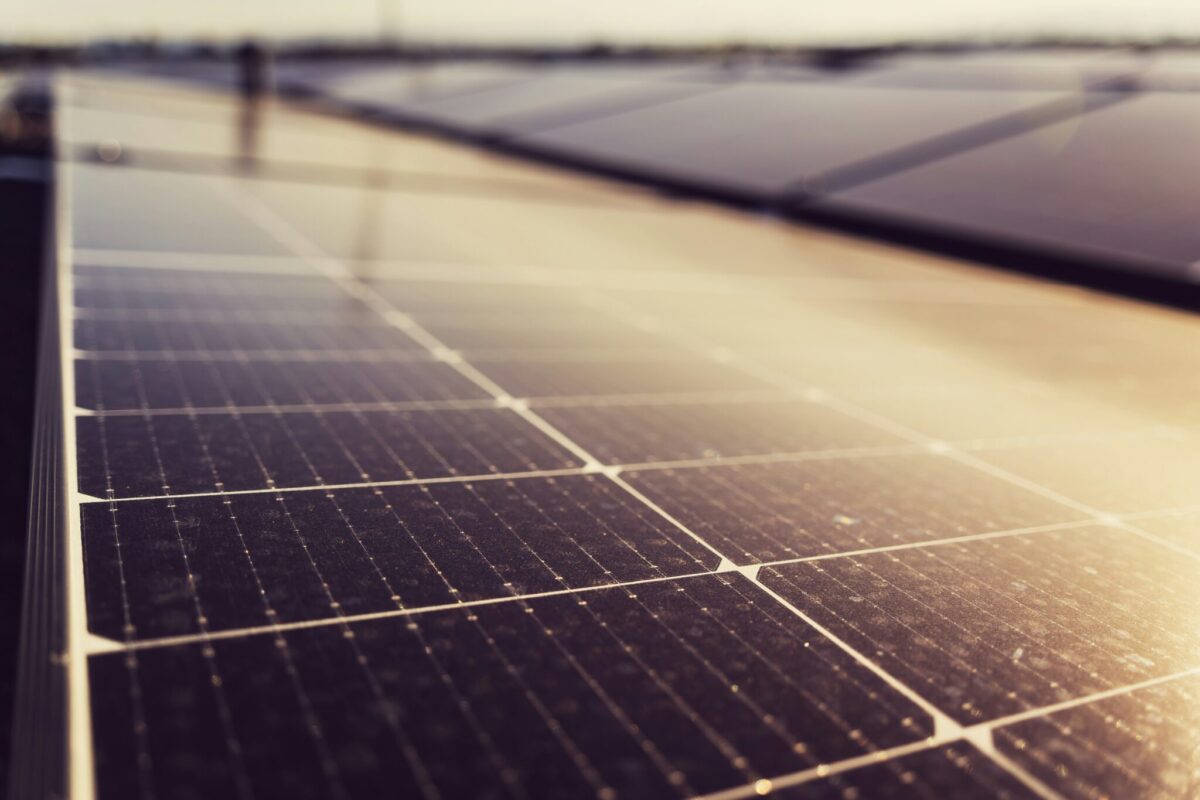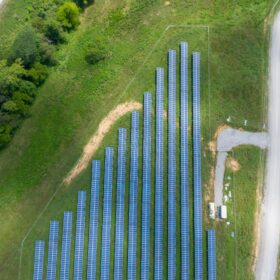Rhode Island is one step closer to enacting legislation that will hold the state’s government legally accountable for meeting a net-zero emissions by 2050 mandate, as well as interim targets along the way.
The 2021 Act on Climate bill passed the House by a 53-to-22 vote and will now be reconciled with a Senate version of the bill. Once work is finalized, the reconciled bill will be sent to Gov. Dan McKee. It is unclear where McKee stands on the legislation, though his office told local press that he “looks forward to reviewing this legislation.”
The Act on Climate bill would would build on the 2014 Resilient Rhode Island Act, the first statewide plan to cut emissions. That bill required emissions levels to drop 45% below 1990 levels by 2030 and 80% by 2040 with a goal of achieving net-zero by 2050.
A plan to meet those goals and address other public health and environmental issues is required by the end of 2025, with additional updates in five year intervals after that.
Developing the plan and implementing strategies to achieve it are tasked to the Rhode Island executive climate change coordinating council, a body comprised of officials from state agencies with responsibility to assess, integrate, and coordinate climate change efforts.
Of the 22 legislators that voted against the Act on Climate bill, the overarching objection was a mandate for Rhode Island homes to be retrofitted with electric heat. One representative argued that this would cost $50,000-$100,000 per home, although a state report estimated that the cost of an electric heat pump and ductwork required to electrify a home would be closer to $5,000.
This content is protected by copyright and may not be reused. If you want to cooperate with us and would like to reuse some of our content, please contact: editors@pv-magazine.com.









By submitting this form you agree to pv magazine using your data for the purposes of publishing your comment.
Your personal data will only be disclosed or otherwise transmitted to third parties for the purposes of spam filtering or if this is necessary for technical maintenance of the website. Any other transfer to third parties will not take place unless this is justified on the basis of applicable data protection regulations or if pv magazine is legally obliged to do so.
You may revoke this consent at any time with effect for the future, in which case your personal data will be deleted immediately. Otherwise, your data will be deleted if pv magazine has processed your request or the purpose of data storage is fulfilled.
Further information on data privacy can be found in our Data Protection Policy.